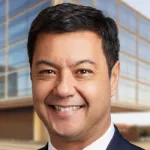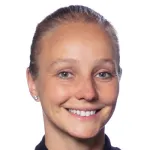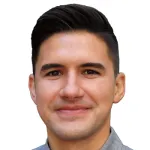
Laura Gwilliams - Assistant Professor of Psychology and (by courtesy) of Linguistics
Dr. Laura Gwilliams is jointly appointed between Stanford Psychology, Wu Tsai Neurosciences Institute and Stanford Data Science. Her work is focused on understanding the neural representations and operations that give rise to speech comprehension in the human brain. To do so, she brings together insight from neuroscience, linguistics and machine learning, and takes advantage of recording techniques that operate at distinct spatial scales (MEG, ECoG and Neuropixels).










